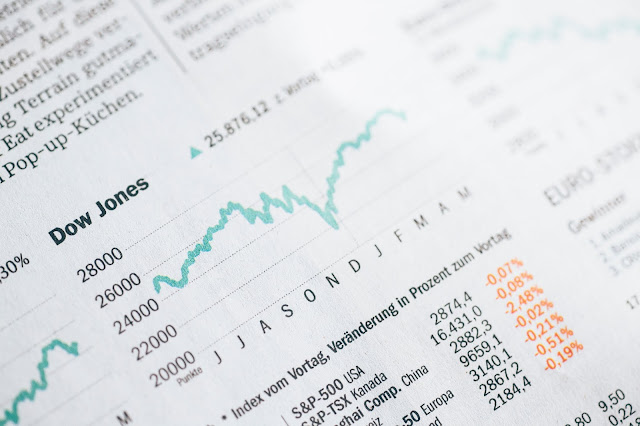A Storm Is Coming

By McDonald, T. | Date 29th of November 2020 The future as we know it is uncertain. As we become more and more dependent on computers and machine do we put our very existence at risk? Even in entertainment, sci-fi is constantly airing our subconsciousness concerns about our own demise. Now we have the problem of algorithms determining what type of propaganda gets the best results from us. As we move into an uncertain future due to the high levels of propaganda from politics and religion on the net not to mention the violence, the tension on the street and in everyday life grows. What are the problems that we face? Influence from outside our nations: bots on the net. By this i mean foreign countries with malicious intent. You know how businesses collect information for advertising purposes so they can make adverts that are more appealing to someone? Well, political parties can do the same. Algorithms collect information o...


